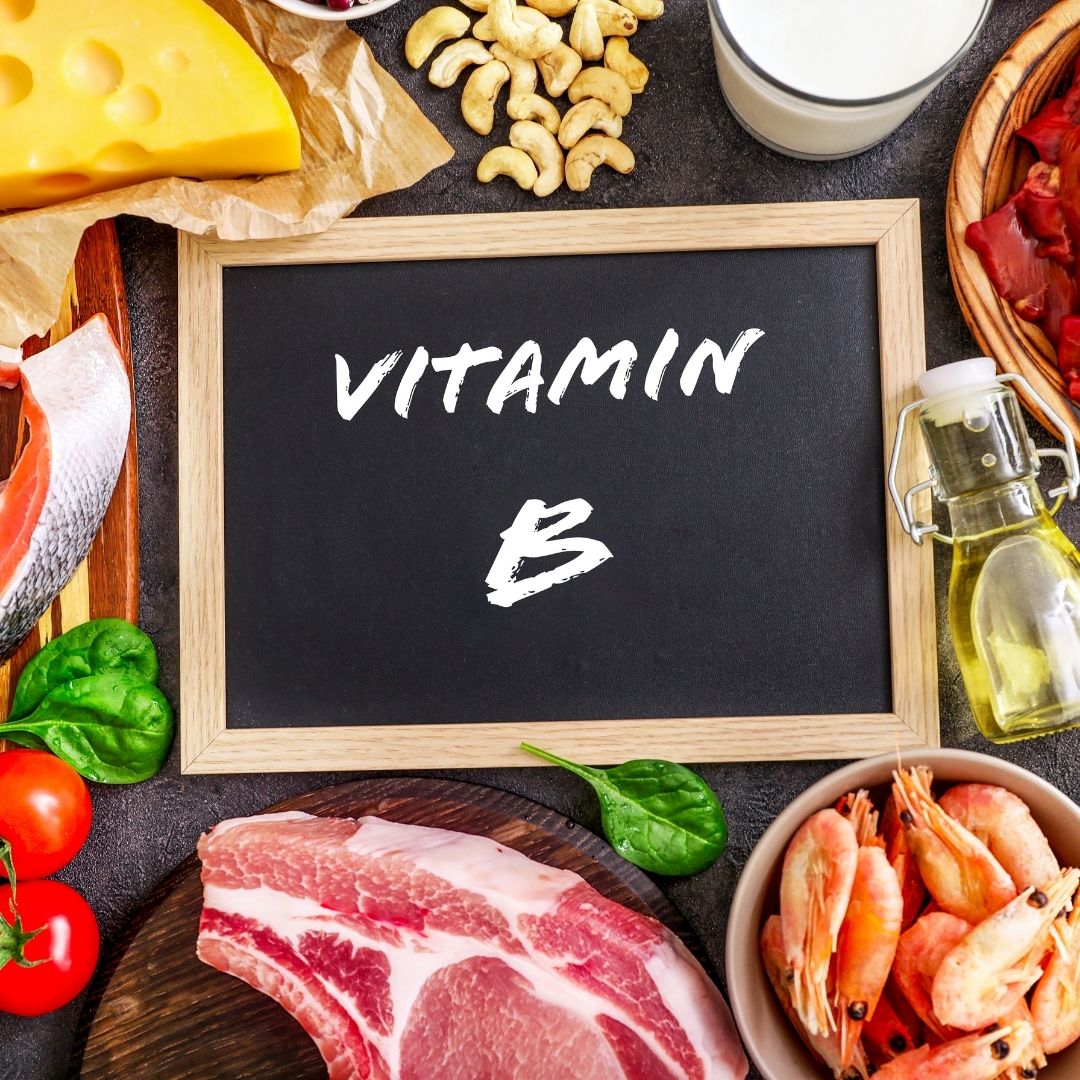The World Health Organization (WHO) predicts that depression will be the second disease to cause disability in 2021. For this reason, the importance of this disease should be understood by health professionals and individuals, and early diagnosis should be made. It is of particular importance to apply individual medical nutrition therapy that supports psychotherapy together with drug treatment of depression, which is a treatable disease. Depression and nutrition are two concepts that affect each other very much. While depression affects food intake, food intake also affects the risk of depression. For example, individuals with depression have deficiencies especially in vitamins C, B1, B3, B6, B12 and minerals such as folate and zinc and selenium. Likewise, in epidemiological studies, the incidence of depression is higher in individuals who consume less fish and have low levels of omega-3 fatty acids in the blood. However, the deterioration of the ratio of omega-6 and omega-3 fatty acids is also shown as one of the mechanisms leading to depression.
 B vitamins also have a very important place in the medical nutrition treatment of depression. B vitamins are micronutrients that have a direct effect on monoamine metabolism in the central nervous system. Then; studies have found that vitamins B12 (low cellular SAM concentration in the central nervous system) and B6 (acting as a cofactor in the tryptophan and serotonin pathways) are associated with depression.
B vitamins also have a very important place in the medical nutrition treatment of depression. B vitamins are micronutrients that have a direct effect on monoamine metabolism in the central nervous system. Then; studies have found that vitamins B12 (low cellular SAM concentration in the central nervous system) and B6 (acting as a cofactor in the tryptophan and serotonin pathways) are associated with depression.
Iron has many biological functions in our body. It is stated that the frequency of depression is significantly higher in individuals with iron deficiency; since there are studies against this, there is still no consensus for iron. It is stated that the depression situation worsens in zinc and selenium deficiency. More studies are needed to determine the exact relationship between all these micronutrients and depression.
Despite this, the conditions that should be considered in the nutrition of all individuals with or without a diagnosis of depression are as follows.
• Trans fat intake should be reduced.
• Lots of fruits, vegetables and legumes should be consumed.
• Oily fish should be consumed at least 2-3 times a week, paying attention to 500 mg of omega-3 fatty acid intake per day.
• Processed ready-to-eat foods should be excluded from the diet.
• Foods rich in selenium include beans and legumes, lean meat, low-fat dairy products, nuts, seafood (oysters, sardines, crab, fresh and saltwater fish, whole grains (such as whole grain pasta, brown rice, oatmeal)) should receive.
• Studies indicate that people with vitamin D deficiency have a higher rate of depression than people who are adequate in terms of vitamin D. For this reason, individuals should benefit from sunlight as much as possible.
• Individuals should increase their daily physical activity duration with activities such as walking, jogging, swimming.
• Mediterranean diet is a very balanced and healthy diet. It contains plenty of B12 and folic acid. Accordingly, the health benefits of eating the Mediterranean diet should be explained to the public and the consumption of the Mediterranean diet should be expanded compared to the traditional Western diet.


 B vitamins also have a very important place in the medical nutrition treatment of depression. B vitamins are micronutrients that have a direct effect on monoamine metabolism in the central nervous system. Then; studies have found that vitamins B12 (low cellular SAM concentration in the central nervous system) and B6 (acting as a cofactor in the tryptophan and serotonin pathways) are associated with depression.
B vitamins also have a very important place in the medical nutrition treatment of depression. B vitamins are micronutrients that have a direct effect on monoamine metabolism in the central nervous system. Then; studies have found that vitamins B12 (low cellular SAM concentration in the central nervous system) and B6 (acting as a cofactor in the tryptophan and serotonin pathways) are associated with depression.